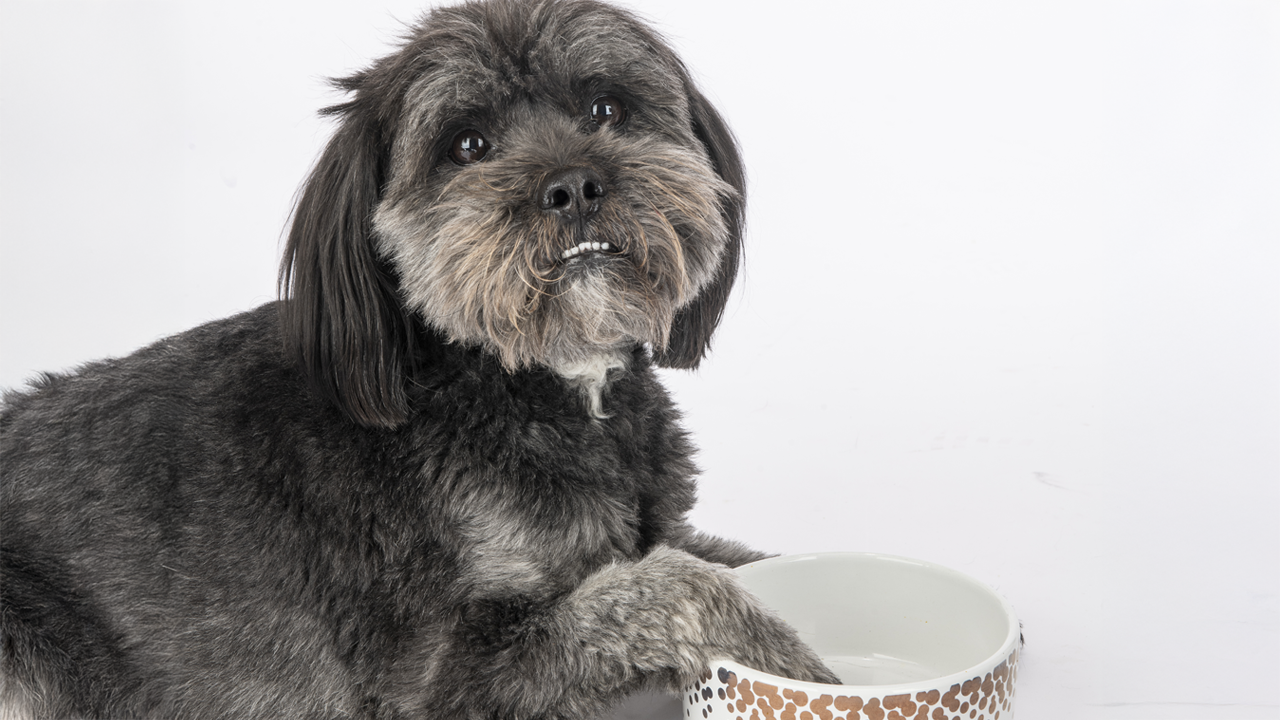
Purina and UC Davis School of Veterinary Medicine Announce 5-Year Collaboration to Advance Urinary Tract Health in Pets
Nestlé Purina PetCare to grant G.V. Ling Urinary Stone Laboratory up to $200,000 per year
A Nestlé Purina PetCare grant of nearly $1 million over 5 years will support the School of Veterinary Medicine's G.V. Ling Urinary Stone Analysis Laboratory (USAL). It will allow companion animal veterinarians to provide free urinary stone analysis results to their patients.
The collaboration holds promise for future innovations in veterinary urology by investigating new diets and supplements to expand stone diagnosis and new devices for managing urinary diseases in companion animals.
"Urinary diseases are common and often recurrent problems in companion animals. The shared goal of the USAL and Purina's global research teams is to advance the science of urinary tract health in companion animals by investigating the relationship between diet, environmental and patient factors, and urinary tract conditions, including urolithiasis," said Sheri Smithey, senior vice president, Global PetCare R&D at Purina. "Data obtained through the USAL submission process will be essential to helping us better understand these relationships and expand clinical and research endeavors to improve urinary health in dogs and cats."
Under the grant agreement, the USAL will provide free analyses and interpretations along with consultations to veterinary practitioners for up to 800 new stone submissions a year. By utilizing data submitted and analyzed by the USAL, researchers hope to gain a better understanding of urolithiasis management and abnormal tissue mineralization.
